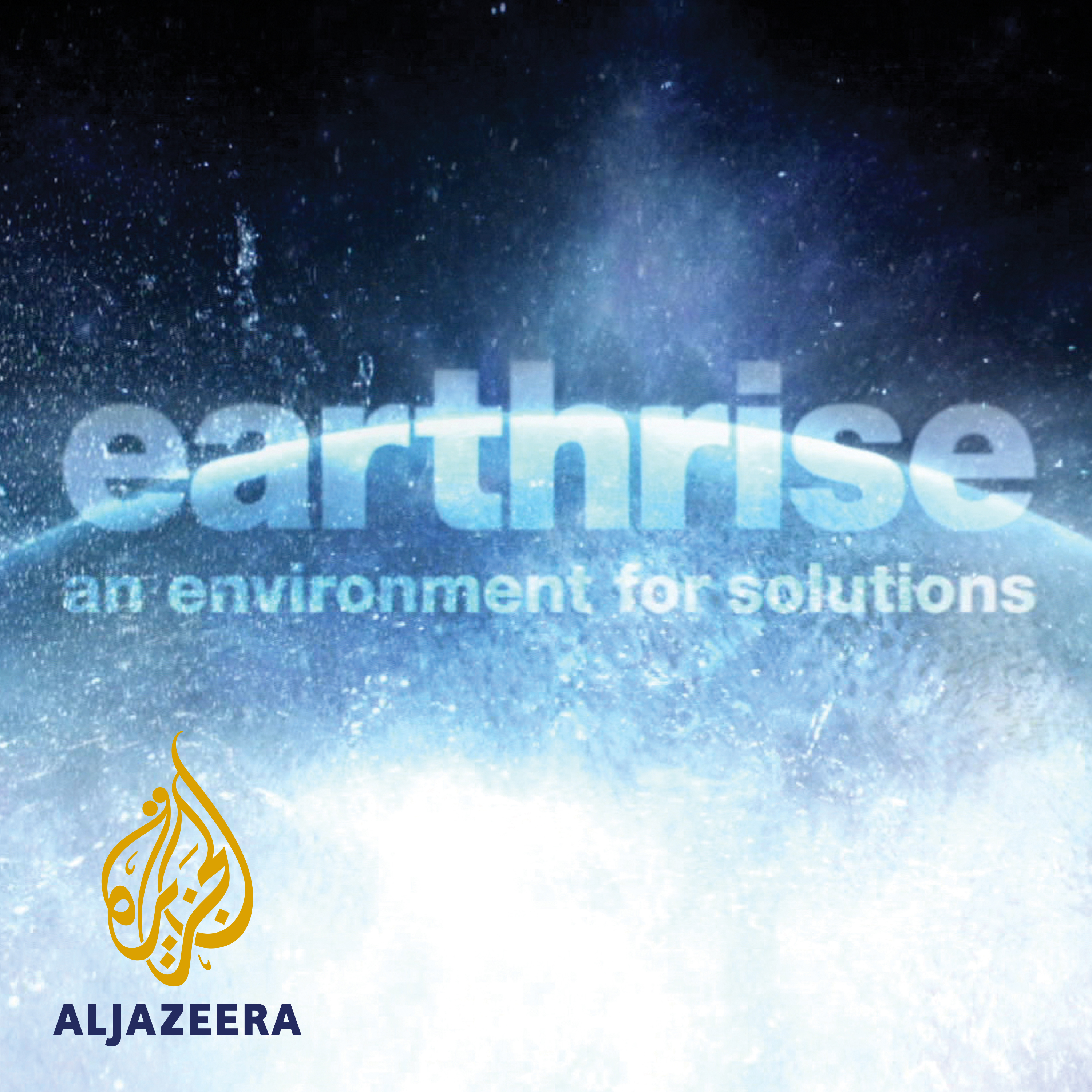Turning the tide on plastic: Creation and art from waste | Earthrise
Description
Cheap and versatile, plastic is used for everything. The problem is, it's also indestructible. As a result, it piles up in landfills where it leeches toxic chemicals into soil and groundwater, or ends up in the ocean affecting wildlife and getting into food chains.
Approximately 268,000 tonnes of plastic float in our oceans - that's five trillion individual pieces. If nothing changes, it is estimated that by 2050 there will be more plastic by weight than fish in our oceans.
earthrise travels to Canada to meet people dedicated to clear plastic waste from our oceans, and to France where a movement is afoot to get rid the country of oil-based plastic.
Turning the tide on plastic in Canada
Canadian organisation Ocean Legacy is not only collecting and recycling plastic waste from the coastline of British Columbia but also fostering creativity and creation.
Since the organisation's start in its plastic-reduction endeavours, the team has collected over five tonnes of plastic from beaches around the country. The problems with plastic pollution, however, are not only surface-deep.
Aside from the unsightliness of waste on beaches around the region, ocean wildlife is also quietly, yet majorly, suffering.
"When plastic reaches our oceans, it tends to act as little sponges so any chemicals that are in the water, it will begin to absorb these chemicals in the plastic pieces and this is very toxic and very dangerous for marine life," says Chloe Dubois, one of Ocean Legacy's founders. "Every day, we're finding the new animal or whale that's been washed ashore with stomachs full of plastic."
Land animals are also at risk, with wildlife mistaking fishy-smelling plastic waste that has washed on shore to be its food source.
Ocean Legacy goes a step further with their clean-up operations, taking the pollution issue full circle by engaging companies in the recycling process, allowing them to breathe new life into gathered plastics.
With high-profile names, such as artist and author Douglas Coupland lending their support to the plastic pollution movement, the future promises many possibilities for making an environmental difference.
France's plastic purge
Across the Atlantic, a plastic-waste movement is also stirring in France, as a ban on single-use plastic comes into force by 2020. France's plastic pollution problem is significant, with only 25 percent of all plastic recycled and the rest ending up in landfills or illegally dumped.
With between one to five billion plastic bags floating around France, the country has been trying to make environmentally sound decisions to cut down on its waste for a number of years now.
Enterprising scientists are also working on ways to fill the plastic bag gap in the market by producing "bio-plastics" made out of materials including seaweed and sugar cane.
Algopack is a startup creating plastic from seaweed. Since its start in 2010, the company sells 40 tonnes of 100-percent bioplastic made from hundreds of tonnes of seaweed each year.
"The great advantage of seaweed is that it is renewable and it's unlimited - we don't need to harvest seaweed on the field and it's fully biodegradable. It goes back to the sea," says Algopack's president, David Coti.
As the plastics ban looms, commercially competitive products are currently being experimented with, and Algopack, among others in this relatively new sustainable "plastics" industry, is trying to keep costs down in order to retain brand loyalty.
One thing is for certain, while France's ban is a bold political decision in the right direction, it will take much more of the same to turn the tide on plastic waste before it is too late for our planet.
- Subscribe to our channel: http://aje.io/AJSubscribe
- Follow us on Twitter: https://twitter.com/AJEnglish
- Find us on Facebook: https://www.facebook.com/aljazeera
- Check our website: https://www
More Episodes
Bangladesh has one of the largest number of solar home systems in the world, reaching over 20 million people. Thirty percent of the electricity these generate is wasted each year, while over six million people in the country have no access to power.
A dynamic startup called SolShare has...
Published 06/12/21
Being in tune with nature used to be instinctive for all humans. It was a matter of survival. But over the centuries, as we urbanised and industrialised, the connection has become weaker.
But Indigenous communities around the world have not forgotten what it means to live in harmony with Earth....
Published 05/19/21
As populations grow and incomes rise, we are eating more and more meat and dairy. Intensive livestock farming, however, requires huge amounts of resources and is highly polluting. Yet, animal protein is essential to the 1.3 billion people who depend on livestock to survive.
So, what is the...
Published 05/12/21


